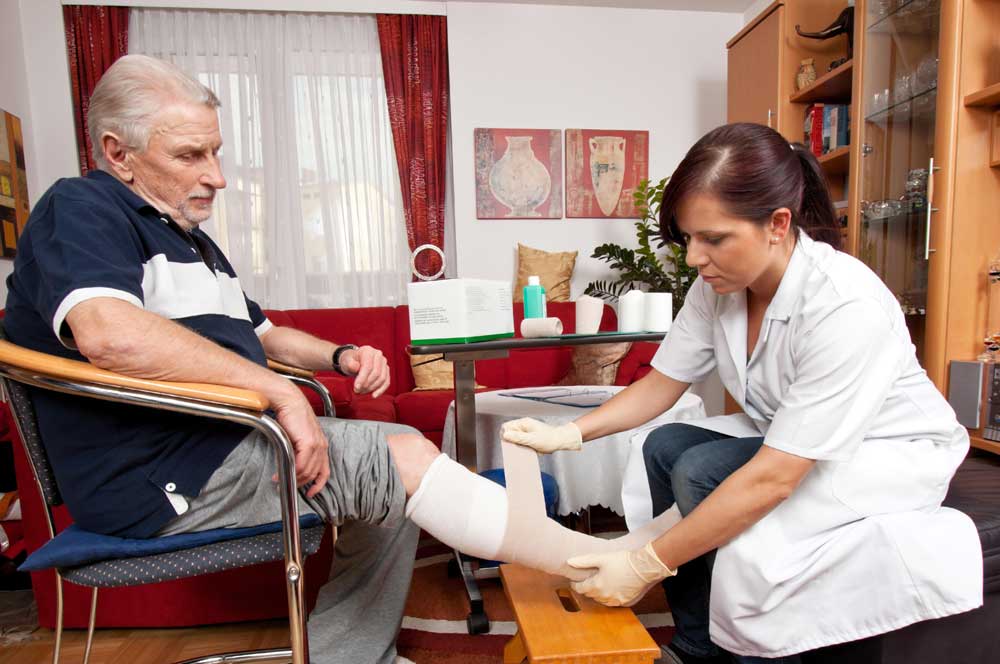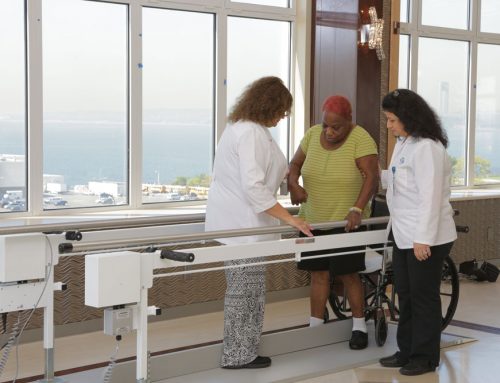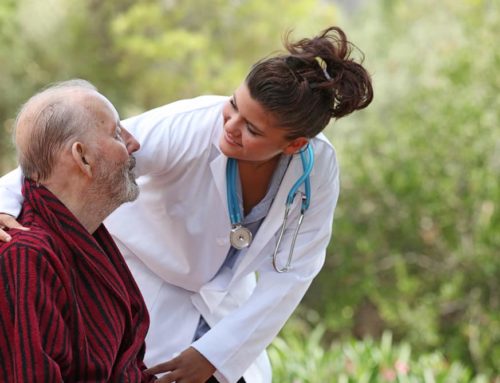The elderly usually already battle with existing health problems, like diabetes, which could mean that a wound does not heal as fast. In addition, they also have fragile skin, which makes the wound healing processes slower as well.
Scrapes, cuts, burns and pressure wounds are a couple of the most common types of wounds in adults and seniors. Furthermore, a wound can either be chronic or acute. Then, it can also be classified further as closed or open. So, to help adults and seniors with wound care and to prevent further complications, it is key that all wounds should receive the proper care to heal fast.
The stages of wound healing
The process of wound healing can be divided into four different stages. The first two stages are to stop the bleeding and then to clean the wound. After these stages have been completed, the skin tissue can start to rebuild and the new tissue can grow stronger.

Preventative measures
If the wound is serious, you should first and foremost at all times seek professional medical care. Other situations when it is best to consult a doctor are when you were bitten by an animal or you experience any of the following symptoms: fever, chills or increased swelling and redness.
When a wound starts to heal and a scab starts to form, to speed up the process, avoid scratching the affected area to prevent infection or scarring.
What can you do to help wounds heal fast?
Good nutrition is really important to help wounds heal faster! If you have a serious wound, your body needs more energy, proteins, vitamins and minerals to help with the healing process. Vitamin C, zinc, omega-3 fatty acids and vitamin K are especially important. Just like including certain foods can help, it is also key to know what to avoid. Processed food, alcohol and beverages with a high sugar content should be limited, or, even better yet, avoided.
Good blood circulation can also help wounds to heal faster. If you spend a lot of time sitting, smoke or do not exercise regularly, now will be a good time to change these bad habits. In addition to increasing your activity levels, you can also apply heat close to the wound to boost circulation in that area.
Which factors can slow down the healing process?
In addition to age, there are a couple of other factors, medical conditions and lifestyle choices that can slow down the healing process. These include: diabetes, obesity, infection and excessive alcohol consumption. Certain medication can also prevent wounds from healing faster.
At the end of the day, you should follow your doctor’s instructions for wound care. While a healthy diet and exercise can help to speed up the process, it should not replace professional medical advice.
You can rest assured that at Haym Salomon Home for Rehabilitation & Nursing in Brooklyn, our team takes wound care seriously. We will work with you to help your wounds heal faster and prevent any further complications.
This content comprises informative and educational resources only and can not be considered as a substitute for professional health or medical guidance. Reliance on any information provided in this article is solely at your own risk. If you have any inquiries or apprehensions about your medical condition or health goals, talk with a licensed physician or healthcare provider.






Leave A Comment